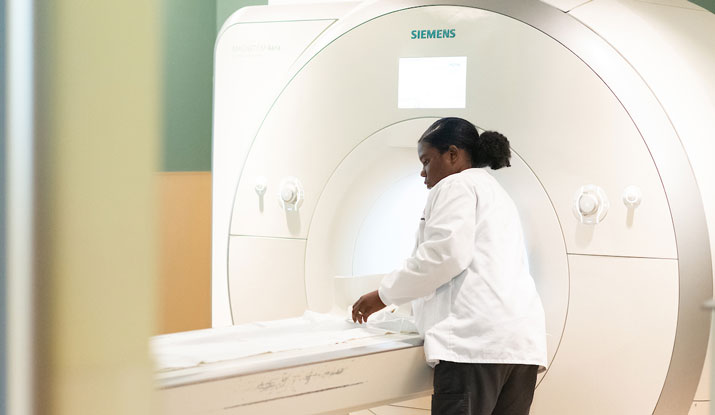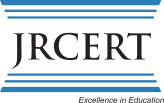Expenses
In addition to tuition and immunization costs, Radiologic Technology students will incur the following expenses:
- All students in the College of Nursing & Health Professions must purchase malpractice insurance prior to rotating through clinical sites. The annual cost of this insurance is approximately $40.
- The cost of textbooks will vary each semester, with a majority of the total cost occurring in the first semester of the professional program. Textbook costs for the first semester may be as much as $700, plus $200 for associated computer software packages. These texts are used throughout the program.
- Students will be required to purchase uniforms through the A-State Bookstore. Approximately $250 should be estimated for uniforms in the first year of the program.
- CPR certification is required. Some classes are free, while others may charge a nominal fee.
- TB mask fittings are required. The fitting is available at A-State within the first few weeks of the fall semester. This is a one-time fee of approximately $25.
- Arkansas State University College of Nursing and Health Professions requires background checks for students admitted to professional programs. This cost of the background check is between $50 and $100. Verified Credentials student account is $35 for lifetime access.
- Students are required to pay $150/year for online clinical software program to be used for clinical courses.
- Reliable transportation to/from clinical sites for duration of the program.
Immunization & Health Records
Immunizations, including proof of flu and COVID-19 vaccinations, may occur as part of your professional education at A-State. While the faculty cannot realistically determine whether lack of vaccination will have any future impact on your ability to work in the profession, applicants should understand that lack of proof of vaccinations (including flu and COVID-19) may create the following issues:
- Certain rotation sites could deny access for rotation.
- Hospitals or other health care institutions could refuse to allow access for a clinical experience.
- The above two issues could make it impossible to complete the clinical portion of education
and therefore not graduate.
- As a licensed professional, certain health care institutions could refuse to grant privileges.
- There could be other, unforeseen, impacts of this incident on your ability to practice as a professional.
Drug Testing
Some of the clinical sites used by the BSRS programs require drug testing prior to placement for assigned practicums. Information for obtaining the drug testing is provided by the program. Costs are to be borne by the student.
Transportation
Students are required to provide their own transportation when assigned to all clinical practicums. When determining educational costs, consideration should be given to this additional expense.
Student Employment
The BSRS degree requires an unusual amount of the students’ time, and students should pay particular attention to the section on “Student Academic Load” in the Academic Regulations section in this Bulletin. Outside employment may need to be adjusted to course and clinical requirements scheduling.
Probation, Retention and Readmission
Refer to Probation, Retention and Readmission Policies in the College of Nursing and Health Professions.
Curriculum
Note that the Department of Medical Imaging and Radiation Sciences reserves the right to make curriculum changes at any time and all students must comply with such changes
Curriculum and degree requirements can be found in the most current Undergraduate Bulletin.
Criminal Background Checks
Arkansas State University College of Nursing and Health Professions requires background checks for students admitted to professional programs if the screening is required by an affiliate requirement. This is to ensure compliance with agreements between the College and Clinical Facilities.
Verified Credentials
Arkansas State University’s College of Nursing and Health Professions works with Verified Credentials, Inc. to establish an acceptable screening procedure. This cost of the background check is between $50 and $100. Applicants who fail to submit a background check will not be eligible to participate in the clinical experience.
Please follow the directions in the link below for submitting your application to Verified Credentials:
Background Check Results
Upon completion, the results of the background screening will be sent to you via email that will apprise you of the findings as well as your final score of:
Red: Convictions or Discrepancy found
Yellow: Possible Discrepancy found
Green: No Convictions or Discrepancies found
Appealing Your Results
If any information is found that would negatively affect your eligibility for clinical placement in the Program, you will be given an opportunity to challenge the information through the Adverse Action process associated with Verified Credentials.
The clinical site will receive the information concerning any reports that are yellow or red and will determine your eligibility to participate in the clinical experience base on their criteria.







